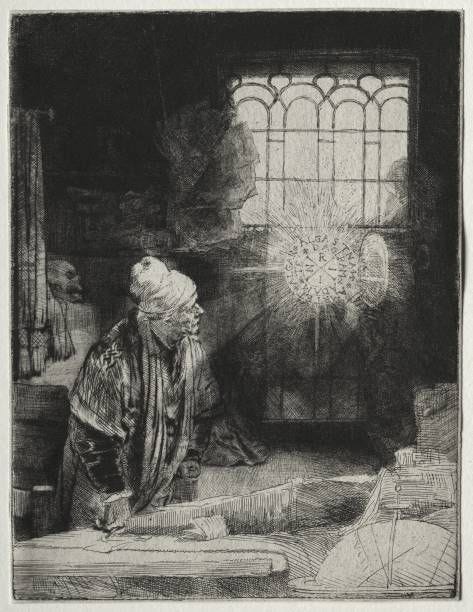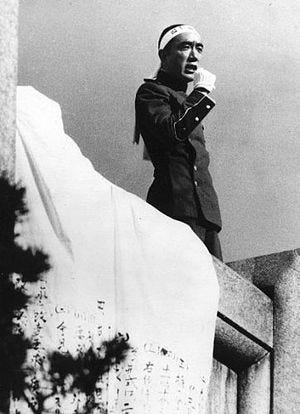This piece was mostly written between 2020 and 2021, and forms the third part of a sequence of which part 1 can be found here, and part 2 here.
The last man of the world-city no longer wants to live—he may cling to life as an individual, but as a type, as an aggregate, no, for it is a characteristic of this collective existence that it eliminates the terror of death. Oswald Spengler
The artist Sebastian Horsley, whose parallel life and death to my brother Toby was discussed in episode 250 of the Liminalist, said that, when faced with a firing squad, the only response is to give the order to fire. When one has lost all control and fate takes over the course of one's life, suicide can offer at least the superficial trappings of a restored autonomy. “Suicide is man's way of telling God: 'you can't fire me, I quit'”, as the quote (sometimes attributed to Bill Maher) goes.
Suicide, in the modern industrialised West, has become an expression of what historical theorist Oswald Spengler called the “Faustian” nature of our civilization. Spengler took the term from the legendary alchemist (originally modelled on the historical Johann Georg Faust) who makes a bargain for unlimited material power with the demon Mephistopheles, a narrative which he saw as holding the key to symbolically understanding the unique underpinnings of this civilization. Our pursuit of the “straight line extending out to infinity”, Spengler's summation of the underlying impetus behind our civilization, has transitioned from the artistic beauty of Gothic architecture and vanishing-point perspective to the rampant exploitation of the Earth's resources in an effort to conquer the entire material universe. Now that our cheques are bouncing and we are starting to default on our debts, our entire civilization appears to be manifesting suicidal behaviour in an effort to control the firing squad.
Faust's bargain with Mephistopheles was echoed in certain dreams that haunted my brother, in which he felt he had 'sold' his soul. As above, so below; Toby was particularly haunted by the spiritual and material degradation of Faustian culture, all the more so as he came of age, got a job, a suit, and a girlfriend. A lifelong musician, my brother's first Soundcloud account was named Mishima Incident, after the notorious suicide of writer Yukio Mishima. Mishima, a 'sensitive young man' (as contemporary internet users might put it), became preoccupied with masculinity and traditional Japanese bushido, and felt that the post-war Americanization of Japan was damaging its culture. He joined the military and attempted to launch a coup with a group of his followers; the attempt was a failure, and he immolated himself with a sword in an act of seppuku.
Mishima's death was, in one sense, entirely within the tradition of ritual suicide as practised by the samurai, but as a reaction to the unstoppable tide of Faustian influence in his country, it can also be seen as a product of that same influence. A friend of my father's once laid the blame at Goethe for introducing the suicide 'meme' into Western culture through his tragic protagonist Werther, a meme that arguably ended up with Mishima's self-immolation; I'm not sure it's entirely fair to blame poor old Goethe alone for this trend, but the fact that he was the author of his own interpretation of the Faust narrative is an intriguing detail to consider.
The history of civilizational behaviour is more often than not a history of attempts to control the forces of nature. At a civilizational peak, these attempts are generally successful, but the law of diminishing returns sets in, and a multifaceted matrix of crises interrupts them until the roots and vines crack through the pavements, and the barbarians walking through the wreckage assume that only giants could have built such majestic structures. As our civilization faces the firing squad of resource limits and ecological blowback, perhaps the 'Great Reset' and other controlled-demolition programs are simply our elites giving the command to 'Fire'?






My friend whose reading of Goethe you quote has very little understanding of much Western narrative art, and its relation to the social context, in spite of his great intelligence and insight into many matters. When you introduced me to Jung some years ago, I began to see that evil is real, and infects this human world. Like an eskimo woman once told a reporter, men and women are not evil, but they can do very evil things to each other.
I personally found Goete's THE SUFFERINGS OF YOUNG WERTHER to be a deeply moving book.